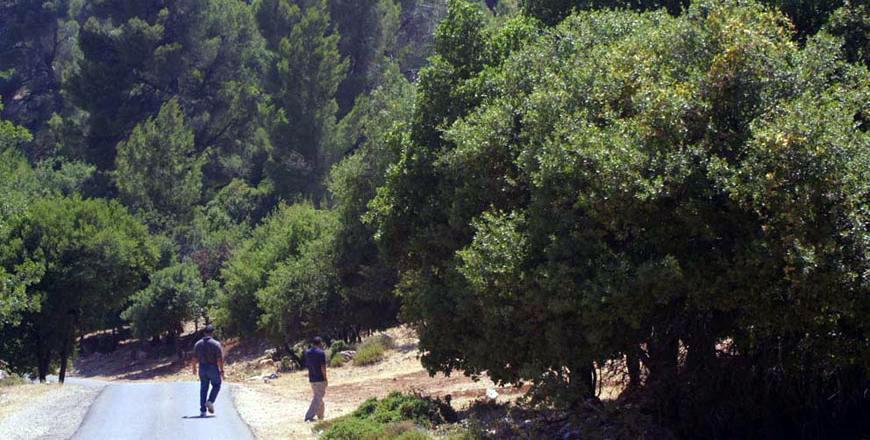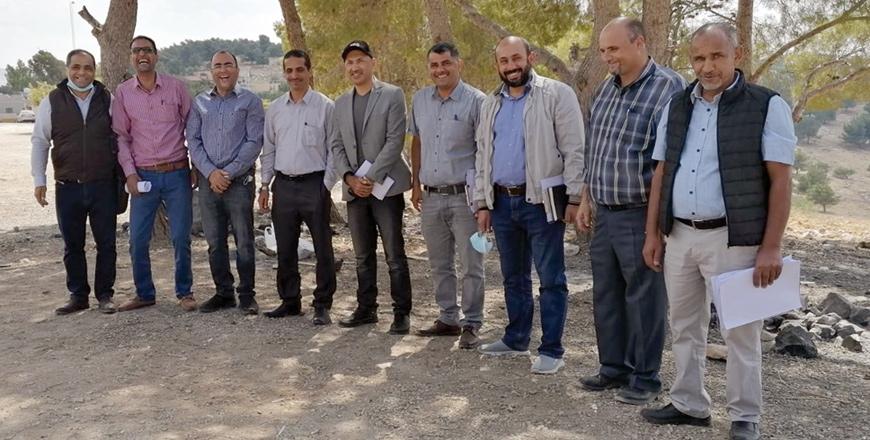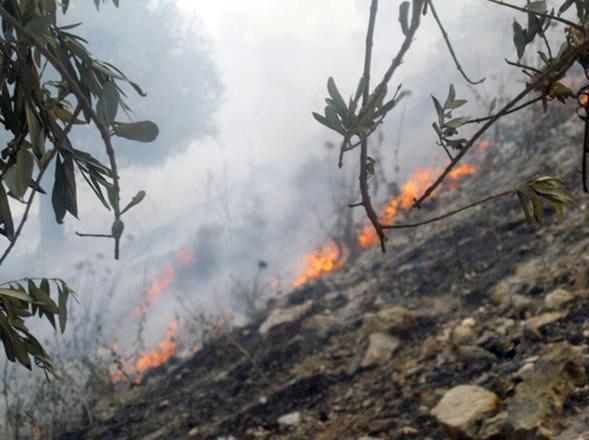You are here
FAO submits proposed policy papers on Jordanian forestry development
By Saeb Rawashdeh - Dec 04,2018 - Last updated at Dec 04,2018

In this undated photo, the Dibbeen Forest Reserve in Jerash Governorate, 48km north of Amman, can be seen (File photo)
AMMAN — After years of work between international and local parties, the final policy document on the development of Jordan’s forestry was announced on Tuesday.
The document was presented during a ceremony attended by Minister of Agriculture Ibrahim Shahahdeh and senior officials from the UN Food and Agriculture Organisation (FAO).
The proposed project to develop Jordanian forestry was initiated years ago after FAO received a request from the government, said Waffa Ramadneh, a programme officer directly responsible for the implementation of the project.
“We had different meetings with local stakeholders in order to analyse needs of the sector and highlight weaknesses and strategies,” Ramadneh noted.
Senior forestry officer from the FAO Cairo, Abdel Hamied Hamid, said that he came to Amman five times and witnessed the beginning of the forestry idea when the Near East Forestry and Range Commission organised the third Near East Forestry Weeks in 2014.
“After that, we principally agreed with the minister to submit a formal request to the FOA via its office in Amman. Then we worked with him in developing the project’s proposal for a technical-cooperation programme with the FAO,” he underlined, adding that the real work started in early 2016 when a task force was established.
“We are very pleased that the [forestation] policy was drafted and developed. The document can now be officially submitted to the minister of agriculture to move it forward for the government’s endorsement and approval,” Hamid said on the sidelines of the event.
The draft policy also analyses institutional and legislative frameworks and their connections to sustainable development of the forestry sector in the Kingdom, continued Ramadneh.
“The draft policy should be approved by the government, according to concerns from donors of the importance of forestry, biodiversity, land degradation and desertification,” he added.
Hamid also described the role of local communities as “very significant”, saying they must be consulted and included in any initiatives that affect them.
Objectives of the campaign, policy orientation and actions on the ground were identified and listed, Hamid noted.
“The level of the forest degradation has been the central concern of stakeholders in the country, as well as sustainable management of forest resources and an increase of forested areas,” Hamid underlined, adding that community involvement was a main pillar in the protection of forested areas.
Related Articles
AMMAN — The Food and Agriculture Organisation of the United Nations (FAO) on Sunday launched a training on the utilisation of Geographic Inf
AMMAN — Under the objective of conserving forests and expanding them, which falls within the Food and Agriculture Organisation of the United
AMMAN — The Food and Agriculture Organisation of the United Nations (FAO) and the Ministry of Agriculture on Thursday launched a project to

















